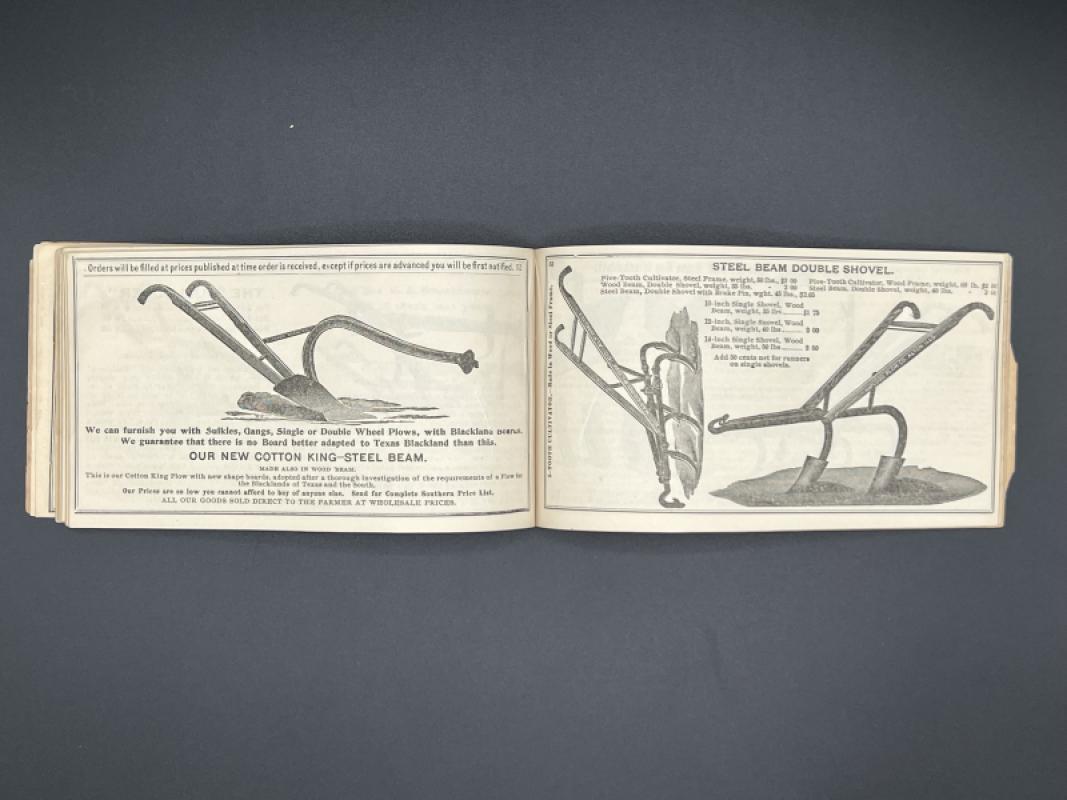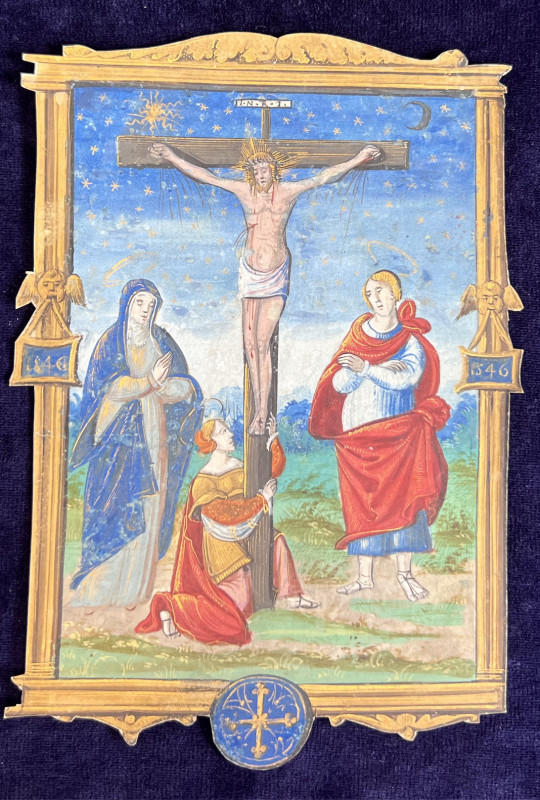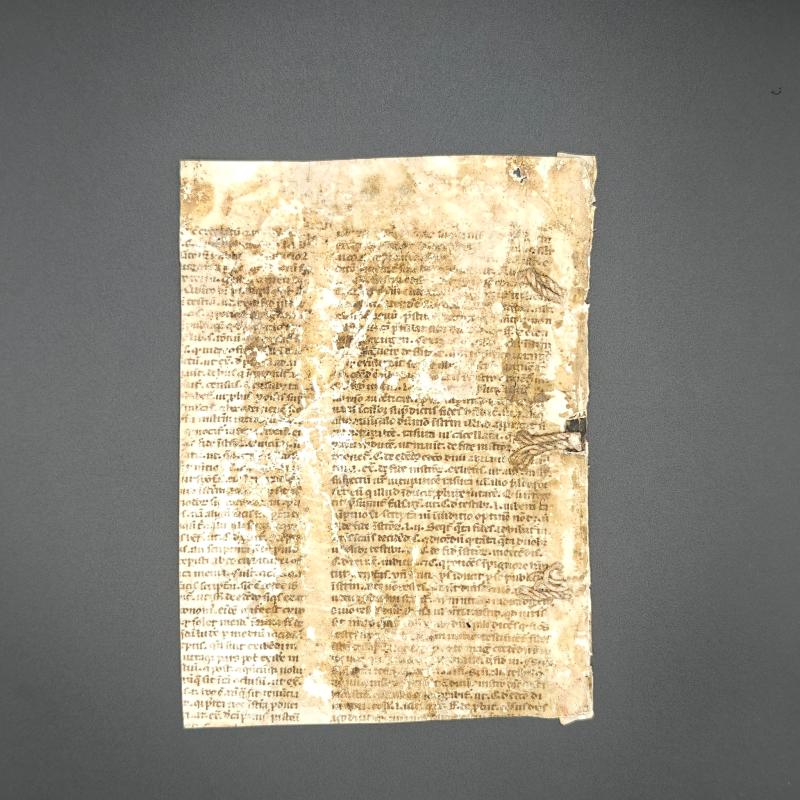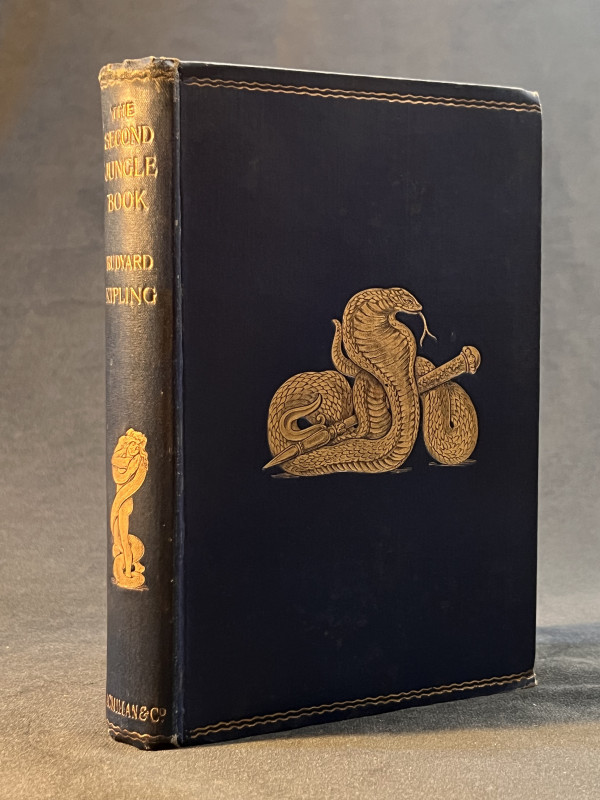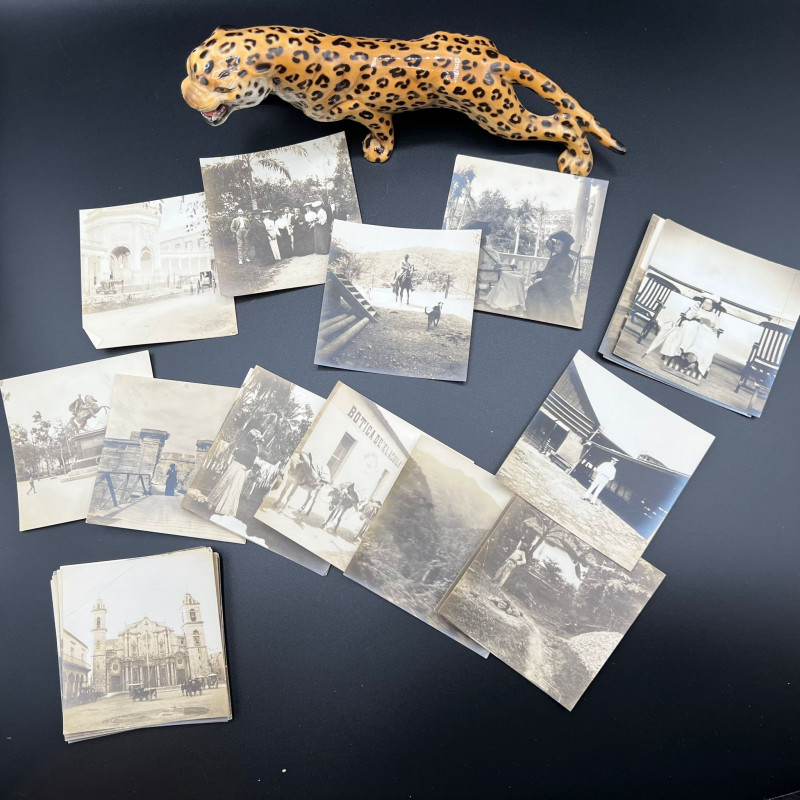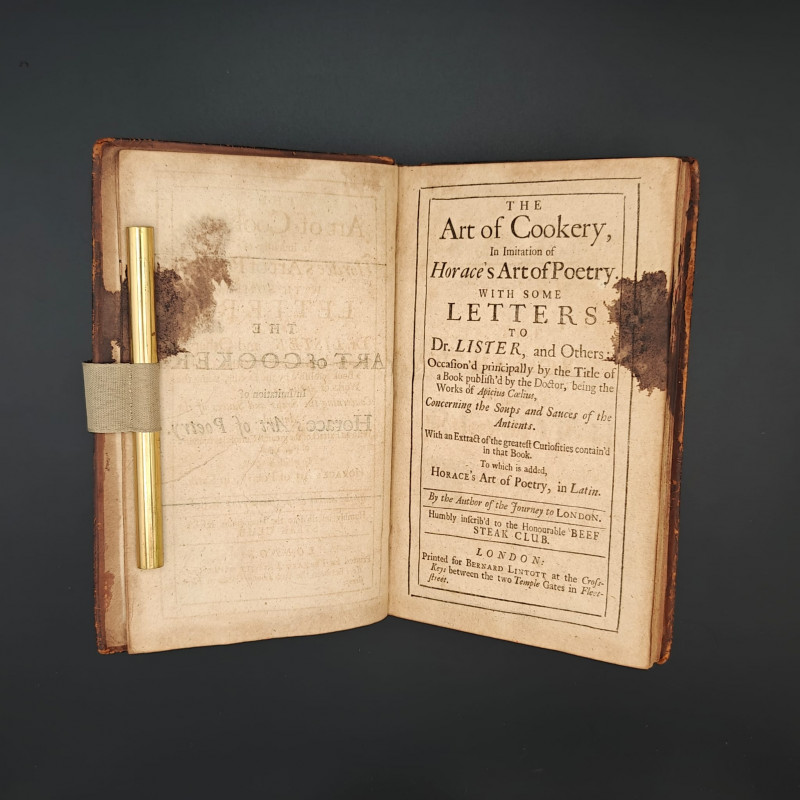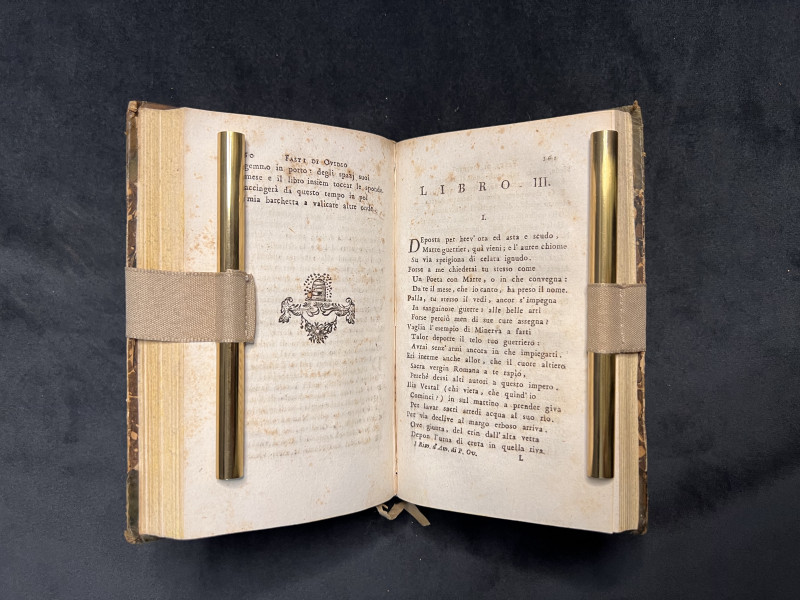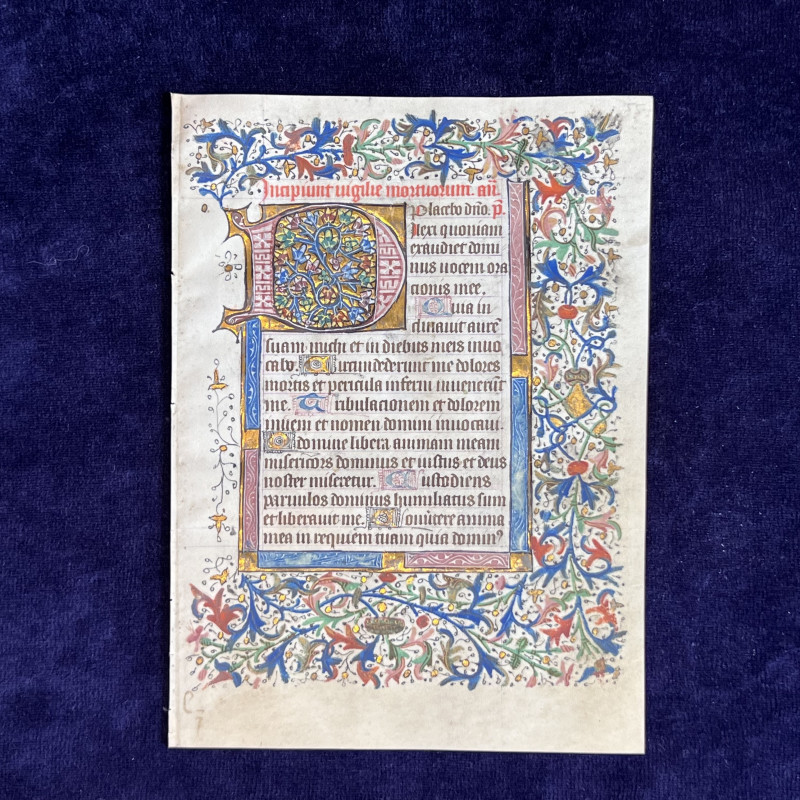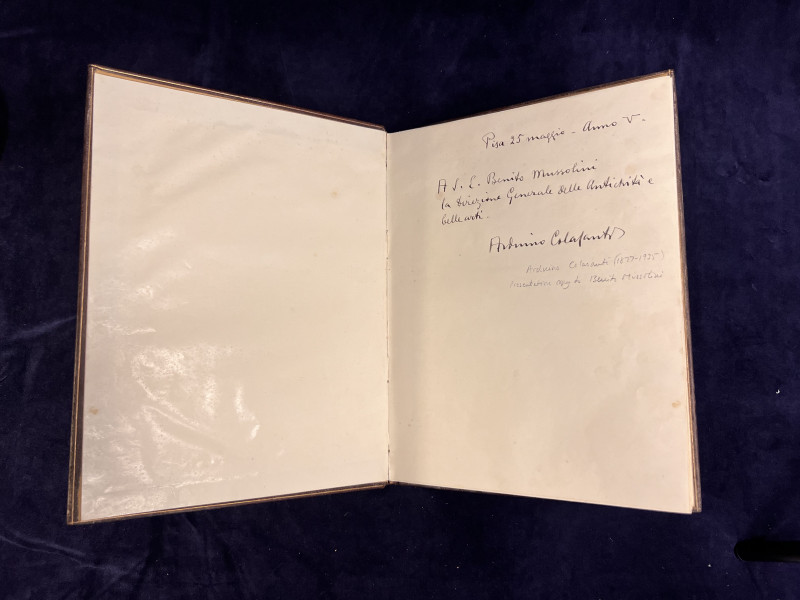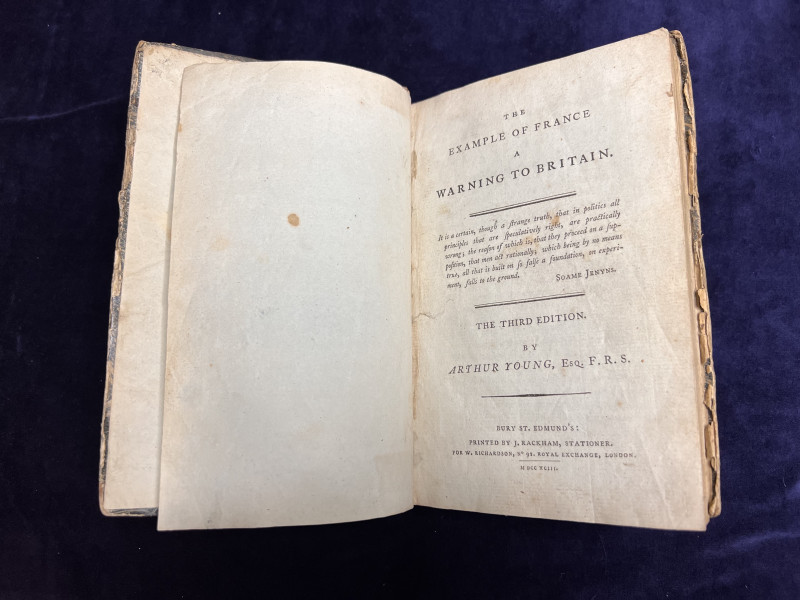Hapgood Plow Co. pamphlet
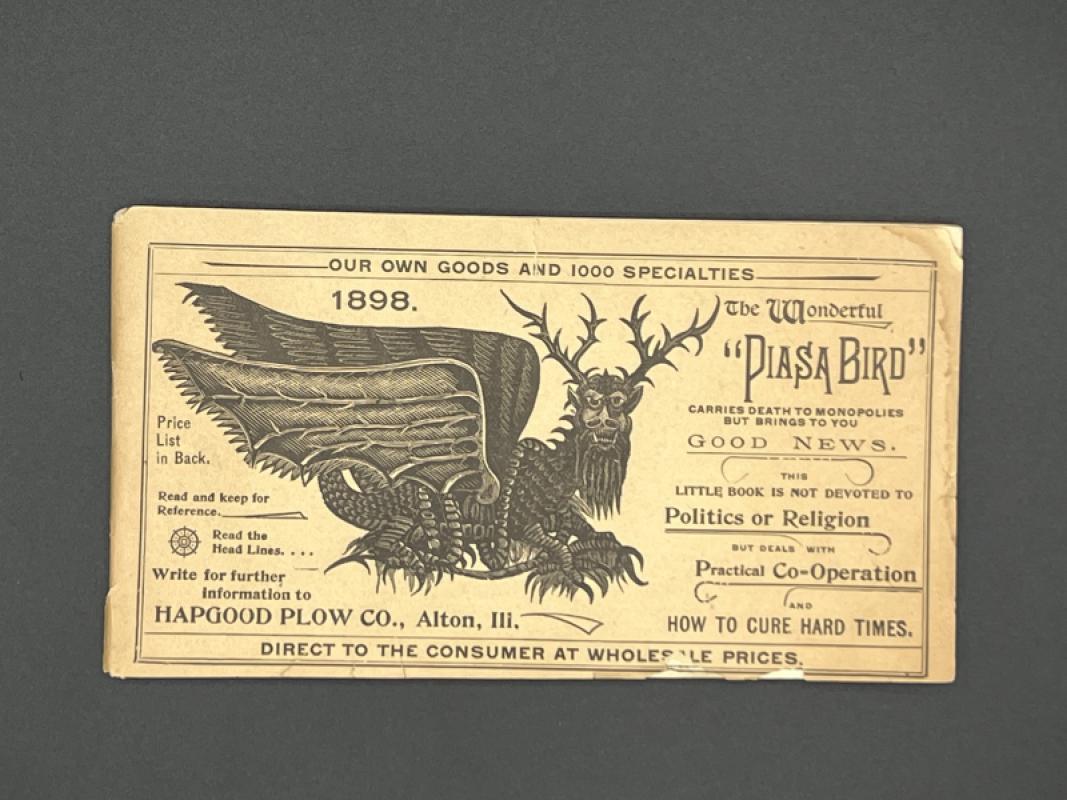
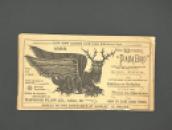
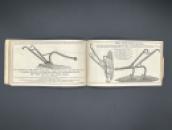
Book Description
Hapgood Plow Co. pamphlet Alton Il. 1898
(90 x 165mm) over 70 pages. Pamphlet bound by two staples, with Piasa Bird on front cover; many illustrations of farm equipment throughout. Some chipping to edges, but overall VERY GOOD condition.
About Hapgood Plow Company, Charles H. Hapgood, and American Innovation:
This rare 1898 pamphlet offers a glimpse into one of the most distinctive and ambitious agricultural manufacturers of the late 19th century: the Hapgood Plow Company of Alton, Illinois. Founded by Harvard-educated lawyer Charles H. Hapgood after surviving the Great Chicago Fire, the company built an industrial empire on the banks of the Mississippi, producing 20,000 plows annually by the 1870s.
Hapgood’s direct-to-farmer sales model cut out middlemen—an early example of mail-order marketing—making quality tools affordable and accessible. Its products, including the whimsically named Piasa Bird sulky and gang plows, were a fusion of utility and local legend, drawing inspiration from the mythic creature of the same name. The company’s illustrated catalogs featured fantastical plow beasts and a wide array of goods, from windmills to sewing machines.
This pamphlet captures the height of Hapgood’s ingenuity before wartime shortages and a catastrophic engine failure in 1918 brought operations to a halt. A tangible piece of agricultural history, this publication stands as a testament to American entrepreneurship, regional mythmaking, and the golden age of plow innovation.
About the Piasa Bird:
No less eye-catching than the plows themselves was the name emblazoned on Hapgood’s most distinctive products: the Piasa Bird sulky and gang plows. The name drew from a piece of regional folklore rooted in the limestone cliffs of Alton, Illinois. The original Piasa Bird—a fearsome, antlered, bearded, man-eating creature with wings and claws—was painted on the river bluffs above the Mississippi and first recorded by French missionary Jacques Marquette in 1673.
Over time, the story took on new life. In the 1830s, a local professor gave the beast a dramatic backstory involving a noble chieftain, poisoned arrows, and the salvation of a terrified tribe. Though the account was largely fictionalized, the name stuck—and the image of the winged predator became a fixture in Illinois folklore.
The Piasa Bird likely has deeper roots in the mythologies of the Mississippian cultures, particularly the horned serpent or underwater panther—supernatural beings associated with water, power, and danger. The original mural was lost to 19th-century quarrying, but its likeness was revived in modern times and continues to loom large over the river town as a symbol of local identity and imagination.
By invoking the Piasa Bird in its branding, the Hapgood Plow Company blended bold agricultural engineering with regional legend—adding a splash of mythic flair to the dirt and toil of American farming. Today, that same blend makes any Hapgood ephemera all the more collectible: equal parts folklore and industrial history.
Author
Hapgood Plow Co.
Date
1898
Publisher
Alton Illinois
Condition
Very Good
Friends of the PBFA
For £10 get free entry to our fairs, updates from the PBFA and more.
Please email info@pbfa.org for more information
